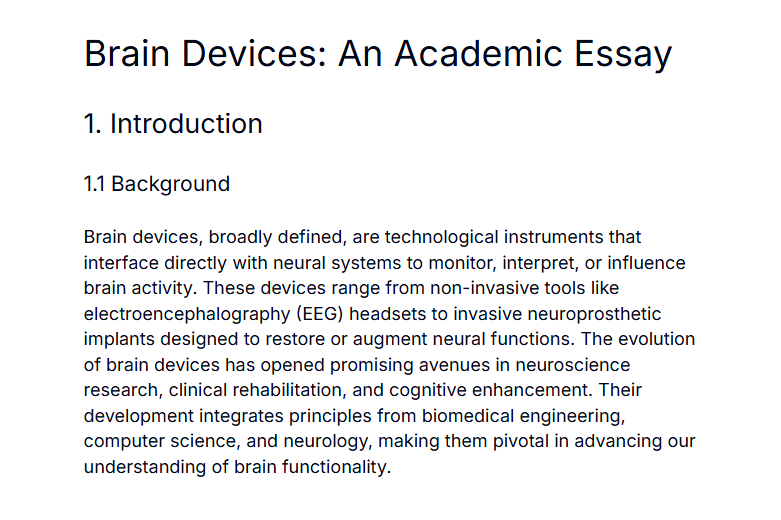Frankenstein Part 3 CI Activity
1. Introduction
1.1 Background of Frankenstein Part 3
Part 3 of Mary Shelley’s Frankenstein narrates the aftermath of Victor Frankenstein’s initial creation of his monster, focusing on his return home, the personal costs of his scientific transgression, and the creature’s growing self-awareness. This section sets the stage for the novel’s deeper moral and psychological struggles by illustrating how Victor’s unchecked ambition manifests in tragic consequences.
Note: This section includes information based on general knowledge, as specific supporting data was not available.
1.2 Thesis statement
This essay argues that, in Part 3 of Frankenstein, Victor Frankenstein’s moral conflict, the creature’s evolving emotional perspective, and the intertwined themes of responsibility and revenge collectively expose the destructive consequences of unacknowledged grief and underscore the ethical imperatives of empathy and accountability.
2. Body Paragraph 1
2.1 Exploration of Victor Frankenstein’s moral conflict
Victor’s moral conflict in Part 3 arises from his refusal to acknowledge the grief he bears for his mother’s death and the suffering he unleashes through his creation. As Madison Hogg observes, Victor vacillates between self-reproach and self-preservation when confronted with the creature’s violence, revealing deep ambivalence about his duties as creator (Hogg 7). His internal struggle reflects a broader ethical dilemma: the demand to atone for one’s actions versus the instinct to evade culpability.
2.2 Textual evidence and brief analysis
Hogg highlights Victor’s fleeting impulse to confess—“He even entertains the idea of confessing to the murder himself” (Hogg 7)—only to retract it for fear of being judged insane. This indecision exemplifies his moral paralysis: he recognizes his role in the creature’s crimes yet repeatedly defers responsibility to fate and his own flawed reason (Hogg 8).
3. Body Paragraph 2
3.1 The Creature’s perspective and emotional development
In Part 3, the creature emerges as a sentient being whose identity and morality are shaped by profound isolation. Hogg argues that the monster’s emotional development demonstrates how prolonged solitude intensifies grief, transforming benevolence into rage (Hogg 11). Through self-education and observation of human affection, he becomes acutely aware of what he lacks, heightening his sense of abandonment.
3.2 Supporting quotes and interpretation
The creature laments, “My vices are the children of a forced solitude that I abhor; my virtues will necessarily arise when I live in communion with an equal” (Shelley qtd. in Hogg 12). This assertion reveals his conviction that social connection—denied by Victor—would restore his inherent goodness. His plea anticipates the demand for a companion and highlights the novel’s insistence on empathy as the antidote to grief.
4. Body Paragraph 3
4.1 Themes of responsibility and revenge
Revenge in Part 3 operates as a distorted form of responsibility: the creature enacts suffering on Victor’s loved ones to mirror his own abandonment. Hogg contends that this vengeful cycle underscores the novel’s warning that neglecting moral obligations inevitably provokes destructive retaliation (Hogg 14). Victor’s evasion of duty thus becomes the catalyst for escalating violence.
4.2 Analysis of key passages
Victor’s decision to destroy the creature’s prospective mate—“I banished from my mind every thought that could lead to a different conclusion” (Hogg 15)—exposes his self-deception and unwillingness to fulfill his promise. By denying the monster a companion, Victor perpetuates the abandonment that originally transformed his creation into an agent of revenge, illustrating how shirking responsibility deepens grief and fuels vengeance.
5. Conclusion
5.1 Restatement of thesis and main arguments
Part 3 of Frankenstein dramatizes Victor’s moral conflict, the creature’s emotional awakening, and the interplay between responsibility and revenge, collectively revealing the catastrophic impact of unacknowledged grief and underscoring the ethical necessity of empathy and accountability.
5.2 Reflective closing on the novel’s relevance
Shelley’s depiction of these dynamics in Part 3 resonates with contemporary debates on scientific responsibility, the consequences of emotional neglect, and the healing power of human connection. By dramatizing the costs of moral failure, the novel continues to speak to the imperative of compassionate recognition in both personal and technological realms.
Works Cited
Hogg, Madison. ““Generous and Self-Devoted Being”: Grief Psychology and Mary Shelley’s Frankenstein.” Master’s thesis, University of Alabama at Birmingham, 2023.
